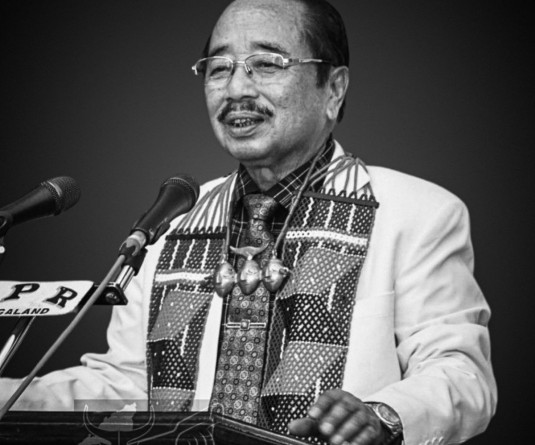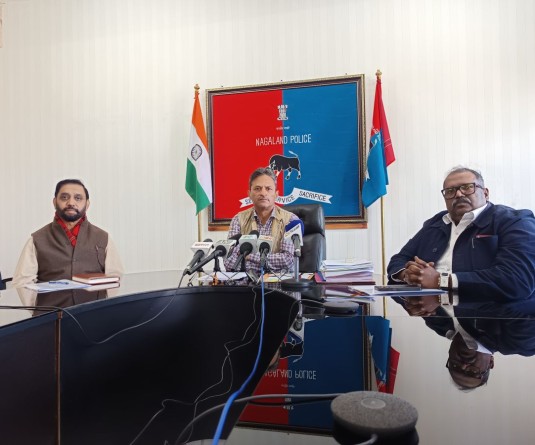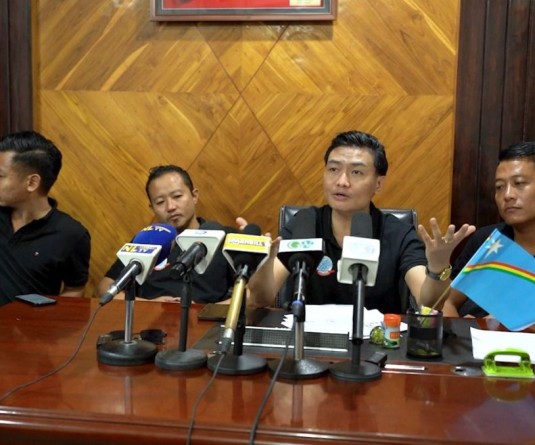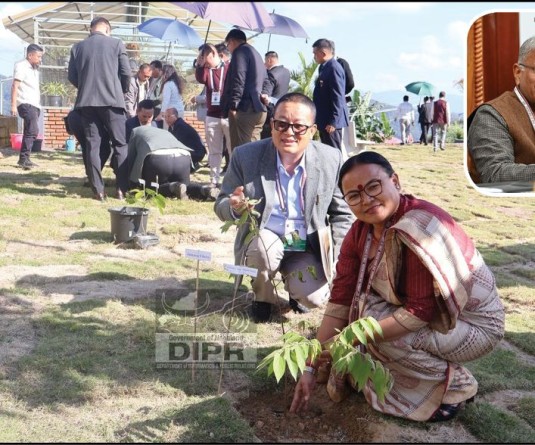Surviving cancer: Awareness & early diagnosis key
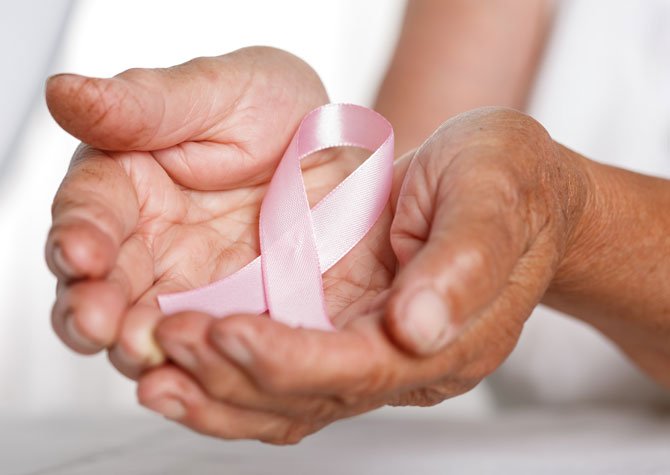
Morung Express News
Kohima | November 12
The Cancer Survivors Fellowship Kohima in association with the Population Based Cancer Registry NHAK held its annual Thanksgiving and Christmas celebration at the DBT Hall, NHAK on November 12.
Formed in 2002 by noted IAS officer Bano Z. Jamir and Naga woman activist Neidonuo Angami, both Cancer survivors, the Fellowship gathers on the second Saturday each month to share stories and struggles of living and surviving with cancer. The Fellowship also gathers for thanksgiving, and pray for strength for those undergoing cancer treatment.
Compering the celebration, Bano Z Jamir gave a brief introduction on the Cancer Survivor Fellowship, Kohima while also stressing on the needs of cancer patients and the challenges related to cancer in Naga society. "The need of the hour is to work on awareness building, and to dispel impressions that cancer is a curse," said Jamir. The opting of prayer houses instead of seeking proper medical treatment also tends to be a challenging factor that Jamir pointed out. The availability of medical facilities is also a gift from God, asserted Jamir.
During the event a detailed presentation on the cancer scenario in Nagaland was delivered by Dr. V. Khamo, who shared the cancer burden that cancer patients and their families face in Nagaland.
While many patients are diagnosed at stage III and IV leading to low survival rate, Dr. Khamo made a mention on the lack of early diagnostic tools, proper screening programs and poor facility for treatment. "Patients in remote villages have difficulty in accessing to basic health care facility due to lack of transportation, poor communication, language barrier," said Dr. Khamo, who also stated that financial constraints continue to be a major burden for many.
The urgency in Nagaland is to create awareness and prevention on the risk factors such as tobacco, alcohol and traditional dietary habits such as smoked, fermented food items, according to the Medical Specialist.
The various necessities required in Nagaland include training and health education, use of clean fuel to be promoted in the villages to minimize indoor air pollution, promotion of consumption of fresh fruits and vegetables, implementation of cancer patient welfare and health insurance scheme to improve the affordability and accessibility, upliftment of socio-economic status, early screening programs, early diagnosis and timely treatment.
"Research on cancer will help modern medical science in understanding the preventive measures, help in risk reduction, and development of newer treatment," said Dr. Khamo.
In the government's level, Dr. Khamo highlighted the need to set up early detection facilities (Endoscopy, Colonoscopy, Colposcopy and Mammography) in all the District Hospitals, provision of counselling facilities, cancer Helpline, Cancer Society and Radiotherapy facility.
Setting up a poor cancer patient fund, rehabilitation of cancer patients, provision of common cancer drugs at subsidized rates, and availability of various specialists in oncology at a centralized place were also stressed.
Meanwhile, it was informed that Nasopharyngeal Carcinoma (NPC) continues to be the leading cancer in Nagaland. NPC is rare in most parts of the world, with a remarkable ethnic and geographical distribution.
In India, high incidence of NPC has been reported from the Northeast states with Nagaland being the highest in both male and female, said Dr. V Khamo who informed that every year more than 600 cases of cancer are reported in Nagaland.
Dr. Tetei Khalo presented an introduction to Palliative care in Nagaland's context, while Shefüvi Pfithu, Miss Phek 2019 spoke on 'A walk of courage and determination'. Pfithu shared her struggles of suffering from Thyroid Cancer at a young age, and defying the various social, economic, religious complications that comes along in the journey of surviving cancer


